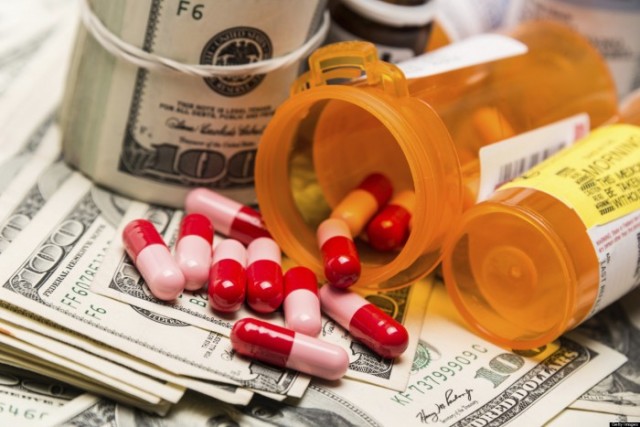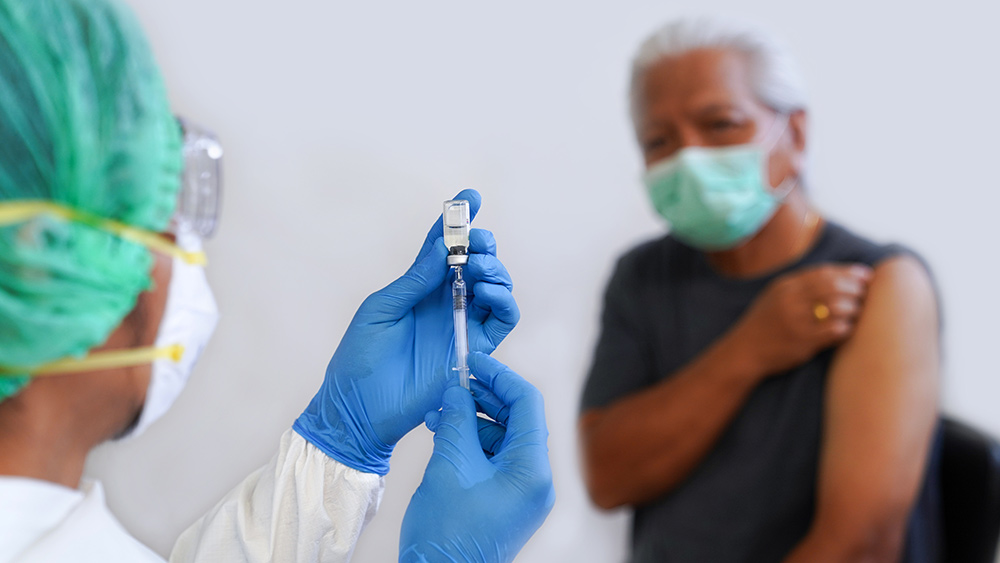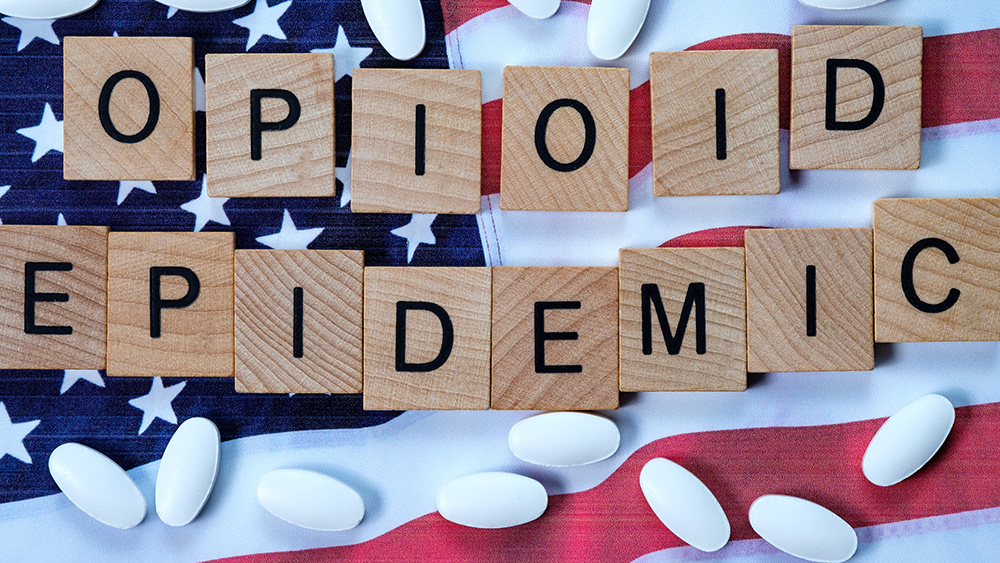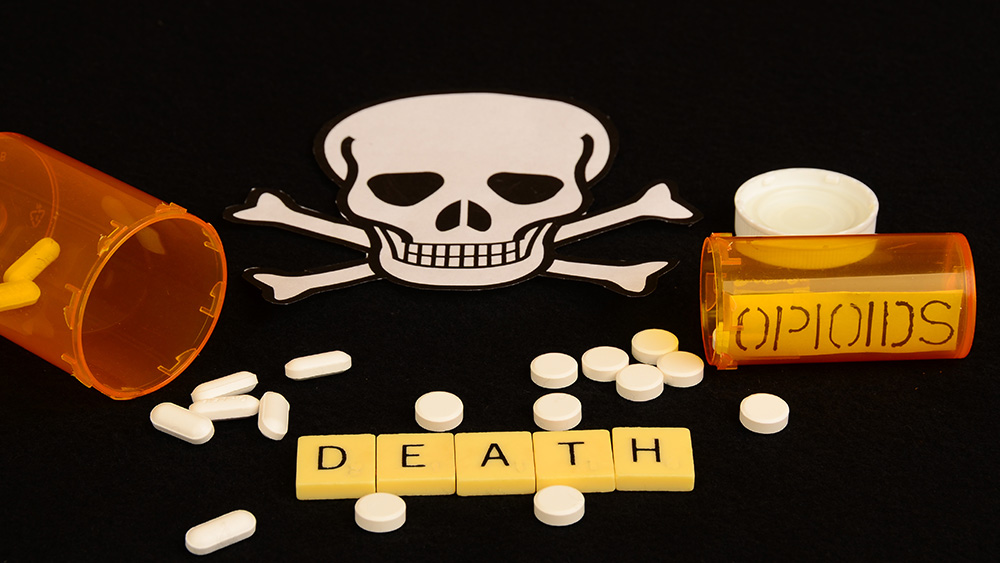Opioid crisis: Dr. John Abramson says Big Pharma LIED about addictiveness of pharmaceutical drugs
02/23/2022 / By Mary Villareal
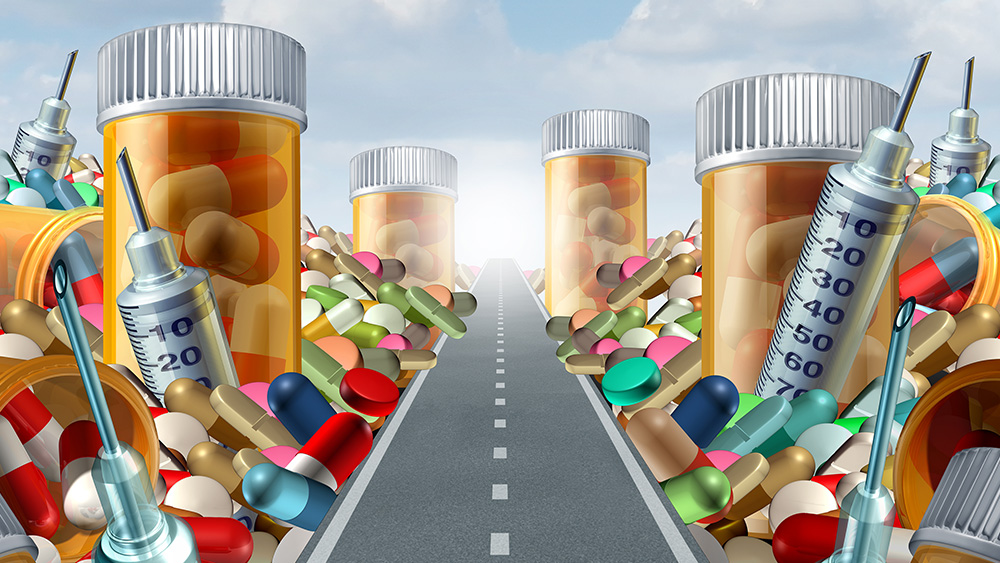
Author and physician Dr. John Abramson branded the opioid crisis as one of the biggest disgraces the pharmaceutical industry has ever known.
During a recent episode of the podcast “Under the Skin” hosted by comedian and political commentator Russell Brand, Abramson said the opioid crisis happened because pharmaceutical companies lied about the addictiveness of their drugs to make a huge profit.
The opioid scam eventually garnered widespread attention that led to legal actions, but what these companies did was not an isolated case. Pharmaceutical companies tend to lie all the time, not just to patients, but to doctors and public health agencies as well.
Abramson’s book, “Sickening: How Big Pharma Broke American Health Care and How We Can Repair It,” covers that and more. It explains how doctors find themselves in the position of prescribing medication that’s no good for their patients because of the lies of Big Pharma.
Opioid overdose crisis
Nearly 50,000 people in the United States died from opioid overdoses in 2019 alone. The misuse and addiction to these drugs, including prescription pain relievers, heroin and synthetic versions such as fentanyl, has now become a serious national crisis that affects public health and social and economic welfare.
The Centers for Disease Control and Prevention estimates that the “economic burden” of opioid misuse in the United States amounts to $78.5 billion a year, including the loss of productivity, addiction treatment, healthcare and criminal justice involvement.
The opioid crisis began in the late 1990s when pharmaceutical companies reassured the medical community that patients would not become addicted to prescription opioid pain relievers. Healthcare providers began prescribing them at greater rates that soon led to widespread diversion and misuse of the drugs before it became clear that they are indeed highly addictive.
Opioid overdose rates started increasing. In 2017, over 47,000 Americans died from an overdose in prescription opioids like fentanyl. In the same year, an estimated 1.7 million people in the U.S. suffered from substance use disorders related to opioid pain relievers, while 652,000 suffered from heroin use. (Related: Ohio jury finds Walmart, Walgreens and CVS all guilty of fueling opioid epidemic.)
Up to 29 percent of patients prescribed with these drugs for chronic pain have ended up misusing them, and around eight to 12 percent have developed opioid use disorder. Moreover, an estimated four to six percent who misused prescription opioids have transitioned to heroin use.
The likelihood of developing an opioid disorder depends on many factors, such as the length of time that a person is prescribed to take opioids for acute pain and the time they continue taking them, whether as prescribed or not.
The opioid crisis has become a public health crisis with devastating consequences, such as the increase of opioid misuse and related overdoses. There was also a rising incidence of neonatal abstinence syndrome due to its use during pregnancy. The increase in injection drug use also contributed to the spread of infectious diseases, such as HIV and hepatitis C. (Related: DOJ announces biggest healthcare fraud and opioid takedown in its history.)
In response to the opioid crisis, the Department of Health and Human Services decided to focus on five major priorities: improving access to treatment and recovery services, promoting the use of overdose-reversing drugs, strengthening the understanding of the epidemic through better health surveillance, providing support for research on pain and addiction and advancing better practices for pain management.
The pandemic has both masked and amplified the ongoing opioid crisis. Addiction specialists across the country also said that the Wuhan coronavirus (COVID-19) pandemic, colliding with a preexisting drug epidemic has been devastating for recovering patients.
The stress, isolation and economic upheaval brought about by COVID are known to be triggers for addiction and relapse. The lack of access to quality care and prevention also put the crisis unchecked, and an urgent, unified and comprehensive response is needed to improve the situation.
Stephen Taylor, a psychiatrist and addiction specialist in Birmingham, Alabama, said: “There’s all of these ways COVID-19 has hurt the folks we take care of. Efforts to get this under control have really been decimated by the pandemic.”
More related stories:
Could medical marijuana be a solution to the opioid epidemic?
Federal jury finds drugstore chains responsible for Ohio opioid crisis.
The opioid epidemic in context: Expert reviews the history, facts.
State sues drug makers over opioid epidemic.
Opioid manufacturer pleads guilty to federal charges following bankruptcy.
Watch the video below to know more about the opioid crisis.
This video is from the Finding Genius Podcast channel on Brighteon.com.
Follow DangerousMedicine.com for more news related to the opioid crisis.
Sources include:
Submit a correction >>
Tagged Under:
addiction, bad medicine, Big Pharma, conspiracy, corruption, covid-19, deception, Heroin, John Abramson, lies, opioid crisis, Opioids, overdose, pharmaceutical fraud, Prescription drugs, Russell Brand
This article may contain statements that reflect the opinion of the author
RECENT NEWS & ARTICLES
COPYRIGHT © 2017 OVERDOSE.NEWS


